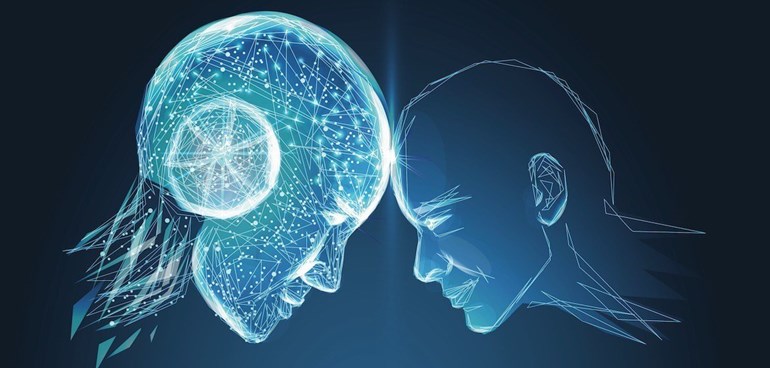
Are you struggling to get your head around this new technology on what changes are in store for HR and recruitment and how quickly those changes will come? I thought I would expand on the subject for you with a few AI insights for the HR and business community.
Many HR Tech companies are now developing algorithms and applications which will help change the face of HR and the Recruitment industry forever.
Developers use the words like “Uber-ise recruitment” with new ground-breaking apps that are fundamentally algorithms with the prediction that these will replace people. The people generally replace are in HR and Recruiter jobs.
It is a process or set of rules to be followed in calculations or other problem-solving operations, especially by a computer. In other words it is a piece of computer code. You have to tell the computer, step by step, exactly what you want it to do. The computer then “executes” the program, following each step mechanically, to accomplish the end goal. Source
The main advancement recently is that computer programs can now process huge amounts of data relatively quickly such as the ability to look at 100 million online documents overnight. Also if you couple the program with Artificial Intelligence (AI) these programs learn as they go.
An example of this Machine Learning would be a computer program that can look at past successful employees in a role or organisation, and map those candidate characteristics with certain career paths, phrases, specific key words, past employers, qualifications, universities and past job titles etc. on their CV to find you the next perfect candidate for your current vacancy.
HR tech firms now write this code or develop an App to find people for recruitment purposes. Much of this is not new, it’s actually been happening for few years now with “Web spiders” running overnight. You instructed it to search the World Wide Web, looking with your programmed criteria and with the machine learning to check every document out there e.g. all CV’s or Bios, Facebook, LinkedIn profiles, conference agendas and come up the right people.
Overnight the piece of code works hard for you and in the morning, you receive a list – the names, contact numbers, email addresses and possibly even the CV’s or Bios of the top 25 people in that industry and for your location, who meet your job search criteria.
However, which is better? The Algorithm or the Human Recruiter in finding the right candidates?
However, people tend to trust human judgment over algorithms. Even when an algorithm consistently beats human judgment, people like the human touch within a recruitment process.
The net result: I’d actually call it a draw.
Yes, AI and algorithms are fab (they really are) but we will still definitely need the human touch in our recruitment practices.
In this data driven world and with so much rich social media content (and people insights) data the use of such technology and tools will definitely rise. Yes it will change how we currently recruit. And recruitment costs will come tumbling down with the middleman or the recruitment agency and even adverts being replaced. Organisations instead targeting the “right applicants” to approach directly and will spend their time and resources on then bringing those candidates along on the hiring journey. Focus will shift from sourcing to the candidate experience and the employer branding.
The impact on the industry is going to be massive – the same for Kodak when digital cameras arrived, and these cameras then moved onto phones – the photo film and photo paper industry disappeared overnight. Many recruitment agencies and jobs will disappear too. Replaced by yes – an algorithm. The same happened with newspaper advertising when job boards like Seek came along.
I say embrace the new. Use the technology to automate the mundane but add value on the human touch in your recruitment processes.